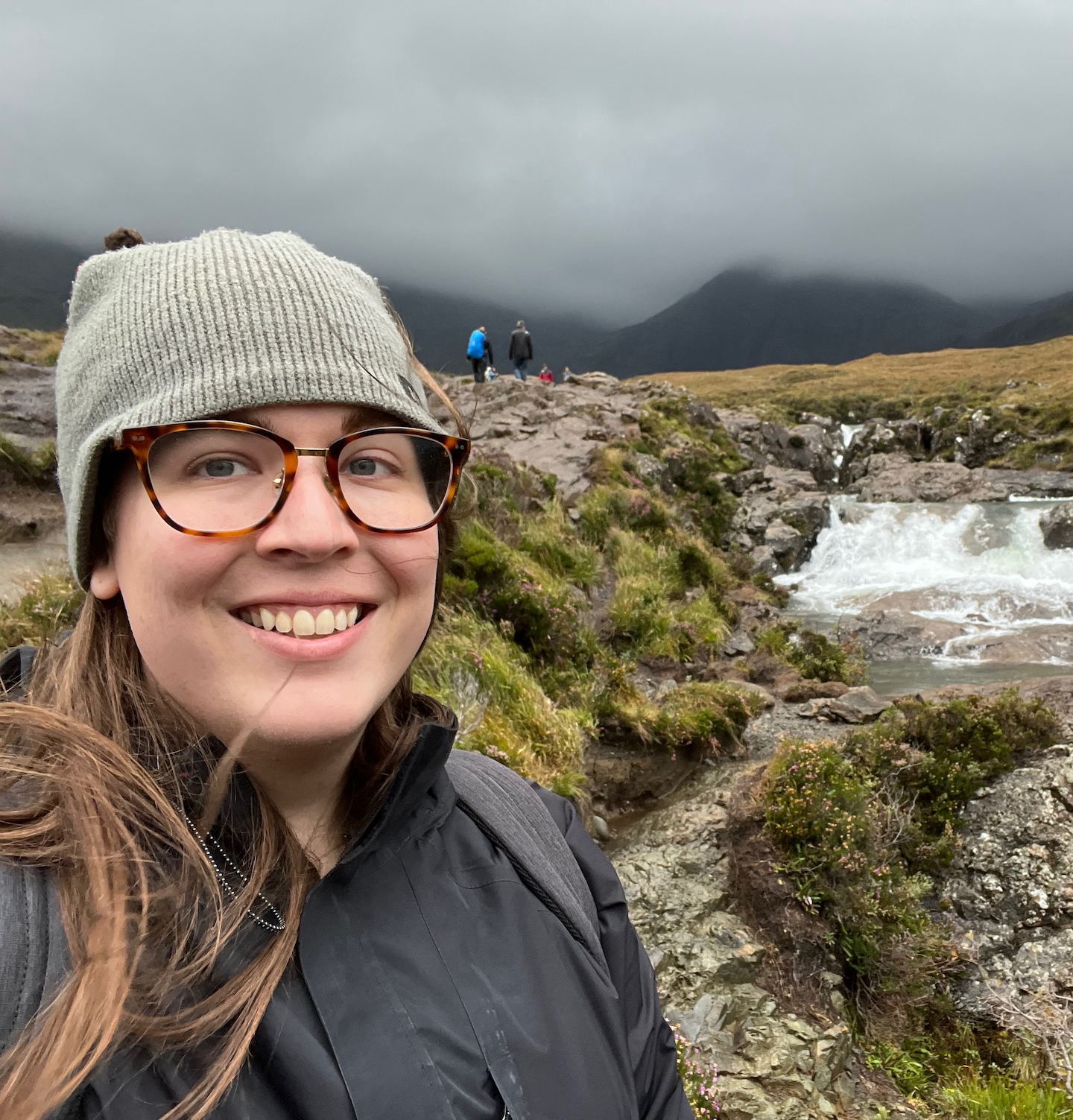Derek Davis
"I did quite a bit of travel for the past two solar eclipses in the US, with mixed success. I remember the 2017 eclipse very well because it was right after the binary neutron star merger GW170817, and I was a young graduate student. I feel like if I had more responsibilities at the time, I would be less excited about going on holiday the weekend after this amazing gravitational wave event. Where I went in South Carolina it was a beautiful day until about 20 minutes before the eclipse, when a classic afternoon thunderstorm came in, which really messed with my plans. It was still really awesome because it was pitch black during totality. At the time I was a bit disappointed, but at the same time I was privy to this even cooler astronomical event happening 2 days before. I was very committed to this year's eclipse, and drove for 5 hours into Vermont, after flying to upstate New York from California, in order to escape the forecasted cloudy weather. It was a really magical experience, seeing the corona around the sun, with people applauding and cheering, and people shooting off fireworks after the totality. I feel like its rare to have such a big shared experience, that isn't either related to some environmental or human disaster or is something specifically cultural. It was a time for mass connection."
Derek Davis is a postdoc at Caltech. They work at an intersection of detector science and astrophysics, specifically on how characterisation of gravitational-wave detectors impacts detections of gravitational wave sources. They have always loved LEGO, as a child once got featured in the LEGO magazine, and now even have a self-designed mini LEGO LIGO (not to scale). You can follow Derek on
twitter at @GravityGoesBump.


Comments
Post a Comment